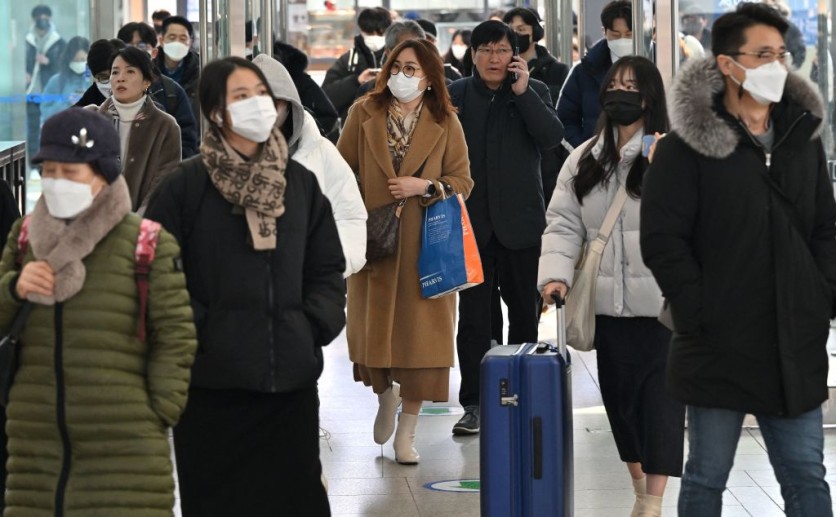A recent development in the realm of facial recognition technology addresses the challenges posed by face masks during the COVID-19 pandemic, promising to recognize the face despite the mask, as reported in Inderscience.
However, the question arises: Is this still relevant to the post-COVID world?

New Software Solution Promises to Enhance Facial Recognition Despite Masks
Researchers from the University Hassiba Benbouali of Chlef in Algeria have created a new software solution that aims to enhance facial recognition capabilities even when individuals wear masks.
The study highlights the potential of this software, which has been trained using a substantial database of photographs featuring individuals in varied poses and expressions, with simulated masks superimposed onto their faces.
Freha Mezzoudj and Chahreddine Medjahed, from the Department of Computer Science, spearheaded the creation of a comprehensive database dedicated to masked faces, FEI-SM.
This database includes images of 2,000 unmasked faces alongside a substantial collection of 18,000 "masked" faces depicting different face coverings, ranging from surgical to consumer-grade masks.
The primary objective behind this initiative is to facilitate biometric identification in scenarios where mask-wearing has become a norm.
The software leverages advanced convolutional neural network (CNN) systems, a subset of artificial intelligence, to tackle the intricate challenge of recognizing faces obscured by masks.
Read Also : Neuralink Co-Founder Reveals 'Safety' Concerns as the Reason for Leaving Elon Musk, the Company
ResNET18 for Unmasking
Among the various CNN models tested—including ResNet18, ResNet50, ResNet101, DarkNet19, and DarkNet53—the research team identified ResNet18 as the most accurate and efficient biometric identification task involving masked faces.
This model demonstrated superior recognition accuracy and processing speed, underscoring its potential for real-world deployment in security and identification systems.
Facial recognition technology has gained prominence as a reliable biometric authentication method. It is employed extensively in smartphone unlocking mechanisms, building access control, and law enforcement applications to identify individuals in various contexts, including potential criminal activities.
The researchers emphasize the significance of deep learning techniques, particularly CNNs, which have traditionally struggled with facial recognition when faced with individuals wearing masks.
The FEI-SM database serves as a valuable resource for training and validating these systems, enabling researchers to evaluate and enhance the performance of facial recognition software in real-world scenarios.
Despite the promising outcomes of their experiments, there is still uncertainty about the software's practical implications and limitations.
While ResNet18 emerged as the preferred model based on their tests, ongoing research may still be required to address challenges such as diverse lighting conditions, varying mask types, and facial expressions.
The study, "Efficient masked face identification biometric systems based on ResNet and DarkNet convolutional neural networks," was published in the International Journal of Computational Vision and Robotics.
Related Article : Liver and Kidney Transplant Programs Halted at Houston Hospital Over Doctor's Alleged Records Manipulation





